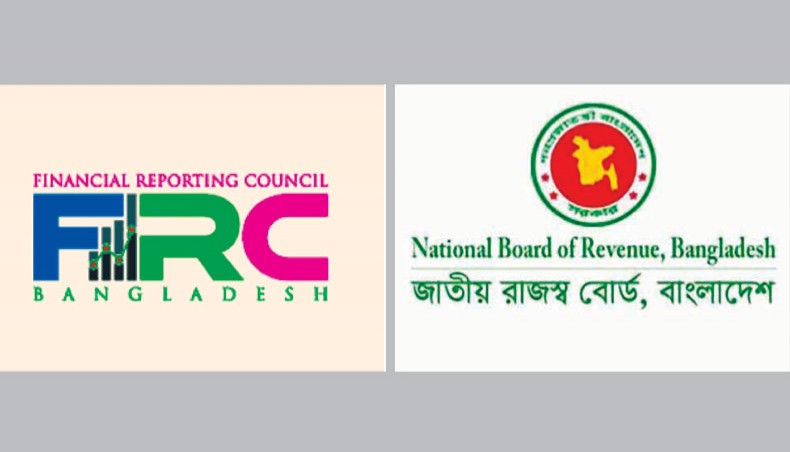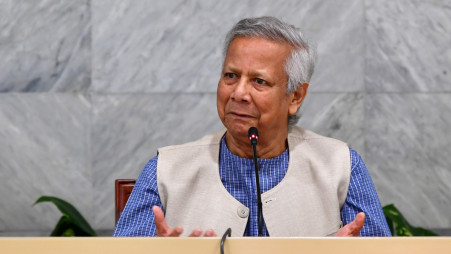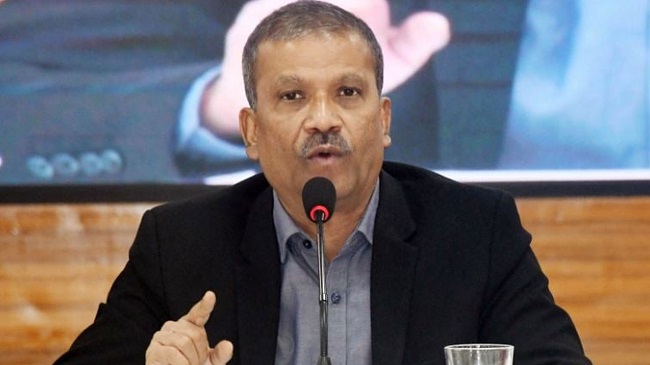Regulators have been trying to prevent anomalies in financial reports submitted by public interest firms to improve transparency in the accounting reports and minimise tax evasion.
A number of regulators have taken various steps in this regard recently.
The Financial Reporting Council has of late requested the Bangladesh Bank to make it mandatory for banks and non-bank financial institutions to submit the company’s financial reports audited by chartered accountants while sanctioning and rescheduling loans.
The FRC was formed under the Financial Reporting Act-2015 to regulate accounting practices under a standard umbrella.
In the letter, the FRC said that some public interest entities submitted management audit reports or review reports to banks and NBFIs to get or reschedule loans instead of submitting financial reports audited by chartered accountants issued for shareholders.
A public interest company can, therefore, prepare different audited financial reports for different reasons.
A public interest entity is a firm with annual revenues of Tk 5 crore or assets worth Tk 3 crore or more, or liabilities of Tk 1 crore over shareholders’ equity, according to the latest circular of FRC.
The extended public interest definition states that more firms will have to prepare and submit their financial reports as they come under the FRC radar, FRC officials said.
In the letter to the BB, the FRC said that the Bangladesh Bank should make submission of financial reports audited by chartered accountants issued for the shareholders compulsory to bring transparency and prevent irregularities in the financial sector.
The FRC also said that banks and NBFIs must cooperate with the regulatory body when it seeks information from the financial institutions regarding audit reports.
The FRC request the central bank to issue a circular on the issue.
In addition, the National Board of Revenue on December 1 made it mandatory to verify companies’ audit reports with the newly introduced Document Verification System of the Institute of Chartered Accountants of Bangladesh to prevent submission of fake audit reports and ensure proper revenue generation from the corporate sector.
The ICAB developed the DVS which is a software that aims to prevent firms from submitting falsified or multiple audited financial statements to the NBR.
The revenue board on the day asked its field-level income tax officials to reject audit reports submitted by corporate taxpayers if the reports are not authorised by ICAB’s DVS.
FRC executive director Sayeed Ahmed said that there should be a mechanism to ensure that a company submitted the same financial report to all the regulators.
He said that companies looked for various ways to doctor financial statements according to their needs and submitted different statements to different regulators.
If the Bangladesh Bank made it mandatory for the public interest entities to submit audited financial reports to banks for seeking loans and it the FRC can scrutinise the reports, it would drastically reduce various distortions in the reports and also reduce tax evasions, Ahmed said.
The Bangladesh Securities and Exchange Commission also plans to launch the Accounting Information Bureau like the Credit Information Bureau in association with ICAB to check financial wrongdoings.
United International University professor Mohammad Musa told New Age that the initiatives were progressive and admirable.
He, however, said that the general public should have access to the DVS system which would increase transparency in the system, he said.
Musa also said that there was much more to be done to prevent falsifications in financial reports.











